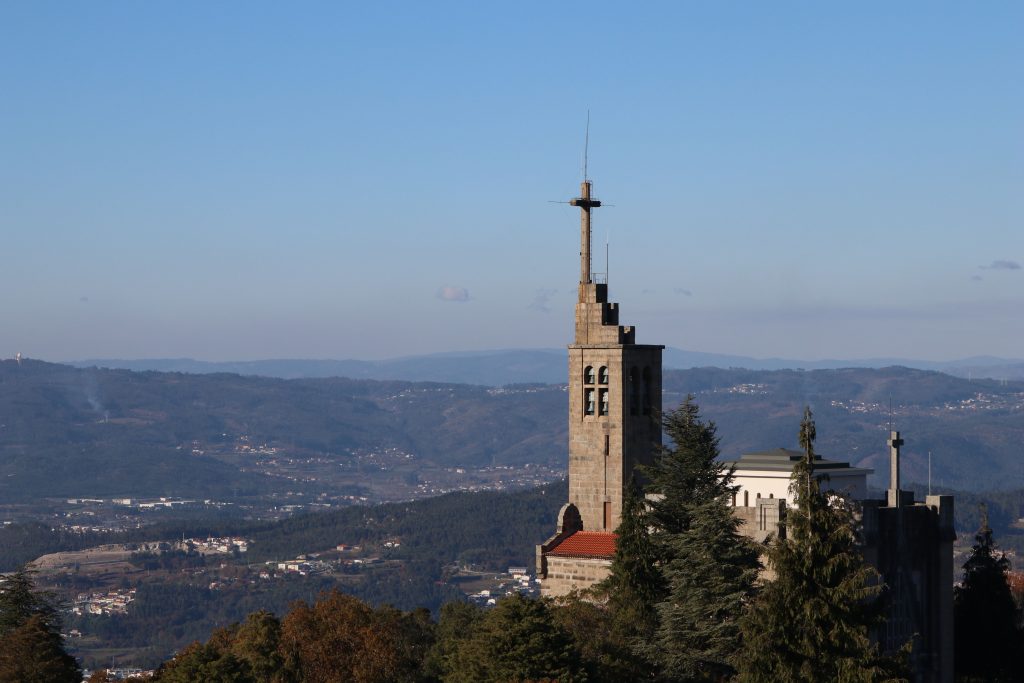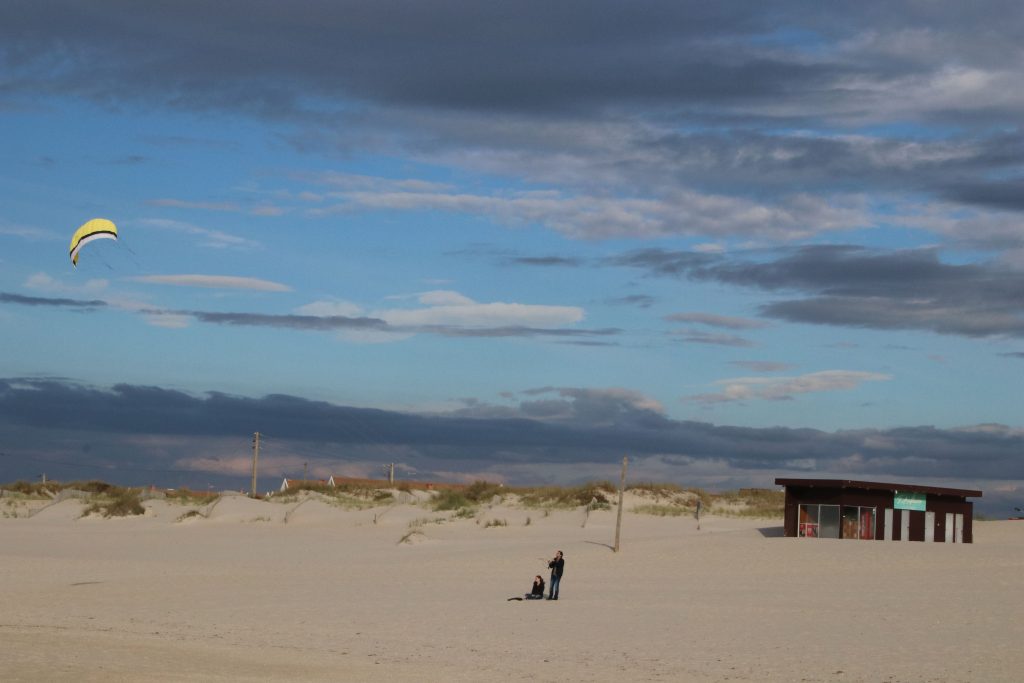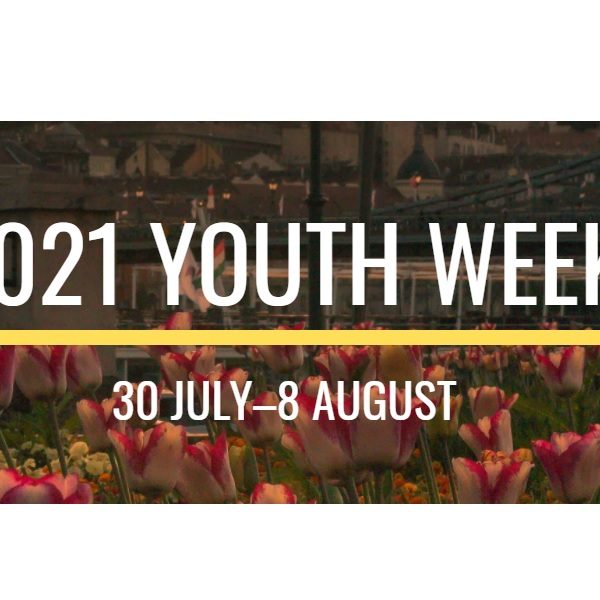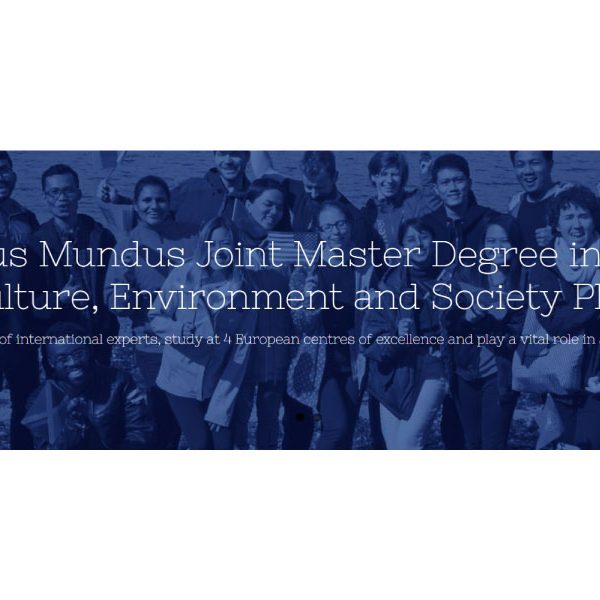
Voluntary activities play an important role in Europe. The best-known Programme helping young people to volunteer abroad is the European Voluntary Service (EVS), which is a part of the European Union’s Erasmus+ Programme (2014-2020). Started as a pilot action in 1996, EVS celebrates 20 years in 2016. Just imagine, close to 100,000 young people have taken part in international volunteering through EVS! To make this experience possible for everyone, Programme covers volunteer’s travel and living costs, pocket money, insurance and a discount card. And there is only one requirement: you must be between 17 and 30 years of age. No school grades, university degree or minimum TOEFL scores. You don’t even have to speak the host country’s language.
Sounds great, even too great to be true. This is what I thought, going to my long-term EVS project in January this year. And now, as an EVS volunteer myself, I met many other volunteers whose experience wasn’t so great as mine, and they decided to leave their projects before the official end. So I decided to collect the stories of EVS volunteers across Europe who did their voluntary services in different places in recent years. The only thing that unites all these stories is the decision or desire to leave their projects earlier due to various reasons.
In the upcoming weeks, I will share a short series of true stories to understand what actually EVS is and what’s hiding behind the official statistics. No names, no countries, no projects mentioned. Just ordinary lives of European volunteers.
Story 1 «I did not quite understand where I was going…»
«2.1. Information and communication.
Prior to her/his departure, the volunteer must receive clear information about the EVS project, in particular about the tasks to be performed, accommodation, training, and support. If the host placement is located in a live-in community, the volunteer must be informed about the rules and conditions that apply in such a community and which relate to her/him».
(«WHAT TO EXPECT FROM EVS», Erasmus+ Programme EVS Info Kit)
The first day after arrival to my EVS project I locked myself in a room and cried my eyes out. It was bitterly disappointing. My main problem was that I did not quite understand where I was going. I did not carefully read the description of the project. The main thing for me was just to go somewhere, and I took the “hot” position replacing a selected participant who has refused to go to the project at the last moment. So I found myself in the community for people with mental health needs.
I lived with them in the same block, but in a separate room, of course. My tasks were to wash them in the shower, brush their teeth, sometimes wipe them after using the toilet, feed with spoons etc. We worked not 6 hours a day as it was supposed to be, but 10-12 hours a day. So you can imagine my physical and emotional state in the beginning, when after working as an assistant of the DAAD lecturer in my home country only for 4 hours a day with a decent salary, I actually had to work for 120 euros per month.
And this was not the most difficult thing during the project – the worst of all is that none of the authorities appreciated my efforts, as all volunteers did the same. For them, it was more like a way of life or work for a greater purpose, as some of them had a specialized education. They immediately began to talk about my difficulties in the community and offered not to torture myself and finish the project. But for me this project had its own importance – I’ve arrived here to do something useful, so I have to learn even by overcoming myself.
I did try to improve my situation. I asked to have days out on Sundays and Mondays. On Sunday I usually go to church, and there I started to communicate with local people. Some of them even became my good friends. Later I found some friends among the sailors, and with their help, I celebrated Christmas on an island in the company of travelers. I think if I had more free time to spend in that lovely town, everything would be much better. On weekends, I sometimes also traveled to a nearby town to walk or to swim, or just to have a cup of coffee in a nice cafe.
After 4 months of my stay there, I wanted to change the project but it was impossible. So when I decided to fly home for a New Year’s break, we talked again with my host organization and together we came to the conclusion that it would better if I finish the project. All my managers are wonderful people, we still communicate with each other, but I still think that I left the project more because of them. Well, at least for those five months I made two pilgrimages, met good friends, and even made the documentary about travelers for a TV channel.
After such an experience I understood that a person could learn almost everything. We do not know our limits. For instance, I’m a night owl, and during my EVS project I used to get up at 7 am and to work until 21:30, it’s incredible. I lost 7 kilos and gained a perfect shape by swimming and doing other sports activities. We don’t have to loose so much time on the Internet. And the most important thing: I love my family.
Contributed by Iryna Kolotylo – volunteer in RAIZVANGUARDA-Associação Cultural, Portugal
Photos by Marta Kolotylo
* The information and views set out in this article are not a result of the author’s personal experience, thus do not necessarily reflect author’s opinions and standpoints.





